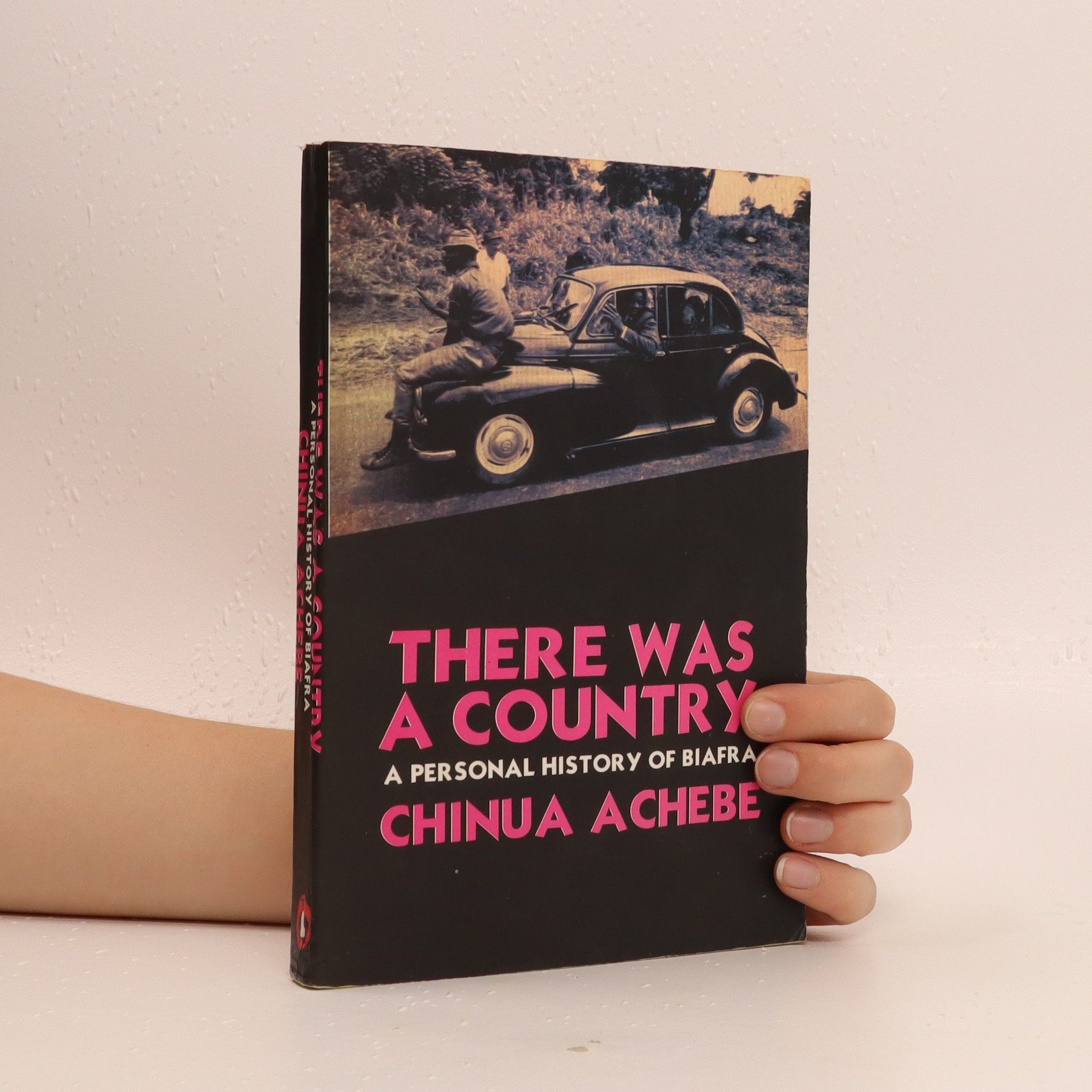Todo se derrumba
- 219 páginas
- 8 horas de lectura
Chinua Achebe navegó magistralmente por las complejidades de la sociedad nigeriana, ofreciendo profundas perspectivas sobre las tradiciones del pueblo Igbo y las fuerzas disruptivas del colonialismo. Capturó hábilmente el choque de valores, la influencia del cristianismo y el poder perdurable de la herencia cultural. Su estilo narrativo, profundamente arraigado en las tradiciones orales Igbo, incorpora vívidamente cuentos populares, proverbios y oratoria, creando un rico tapiz narrativo. Al emplear el idioma inglés, Achebe amplificó intencionadamente las voces marginadas, desafiando la narrativa colonial y consolidando su legado como una figura fundamental de la literatura africana.







Chinua Achebe, regarded as the father of modern African literature, created a significant impact with his African Trilogy, which includes Things Fall Apart, Arrow of God, and No Longer at Ease. These novels vividly portray the lives of three generations within an African community facing the upheaval of colonialism, from the initial British arrival to the decline of empire. The trilogy begins with Things Fall Apart, featuring Okonkwo, a village hero whose tragic pride and conflicts with missionaries lead to his downfall. Arrow of God explores the struggle between tradition and change through Ezeulu, the chief priest, whose authority is challenged by colonial forces and rivals, yet he remains resolute in his leadership, even at great cost to his people. The narrative concludes with No Longer at Ease, where Okonkwo's grandson, educated in England, returns to Lagos for a civil-service position, only to witness his moral decline as he navigates the complexities of the ruling elite. Drawing from traditional Igbo stories, the trilogy serves as a literary milestone, offering a mythic and universal perspective on modern Africa. As Toni Morrison noted, Achebe's contributions are essential to the understanding of African literature, showcasing unmatched passion, intellect, and clarity in his prose.
Collects three of the author's novels, all inspired by the tragedies faced by the Igbo people during the European colonization of Africa.
"The trilogy opens with the groundbreaking Things Fall Apart, the tale of Okonkwo, a hero in his village, whose clashes with missionaries -- coupled with his own tragic pride -- lead to his fall from grace. Arrow of God takes up the ongoing conflict between continuity and change as Ezeulu, the headstrong chief priest, finds his authority is under threat from rivals and colonial functionaries. But he believes himself to be untouchable and is determined to lead his people, even if it is towards their own destruction. Finally, in No Longer at Ease, Okonkwo's grandson, educated in England, returns to a civil-service job in Lagos, only to see his morality erode as he clings to his membership in the ruling elite"-- Provided by publisher
By the renowned author of Things Fall Apart, this novel foreshadows the Nigerian coups of 1966 and shows the color and vivacity as well as the violence and corruption of a society making its own way between the two worlds.
The defining experience of author's life was the Nigerian civil war, also known as the Biafran War. A marriage of history, remembrance, poetry and vivid first-hand observation, this title is a work of wisdom and compassion from one of the great voices of our age. schovat popis
An eleven-year-old boy yearns to cross the Niger River to reach the city of Asaba but lacks the fare. With his friend S.M.O.G., he embarks on thrilling adventures to earn money, experiencing new delights and challenges along the way. From savoring street food to consulting a village magician, Chike's journey is filled with excitement and fear. Upon finally reaching Asaba, he discovers a reality different from his dreams, prompting a personal quest for courage and understanding. This enchanting story by Chinua Achebe explores themes of bravery and growth.
A bright young Nigerian civil servant's promising future is threatened by his acceptance of bribes
Set in the Ibo heartland of eastern Nigeria, one of Africa's best-known writers describes the conflict between old and new in its most poignant aspect: the personal struggle between father and son. The third book in Achebe's "African Trilogy", following Things Fall Apart and No Longer at Ease, Arrow of God is the story of Ezeulu, the chief priest of several villages who wrestles with colonial powers as he butts heads with Christian missionaries dispatched to the area. A fictional discussion of Colonial rule in 1920's Nigeria, Achebe brings religion and family relations into a discussion of politics and national identity. From the Trade Paperback edition.
Okonowo is the greatest warrior alive and he is one of the powerful men of his clan. But he also has a fiery temper. Determined not to be like his father, he refuses to show his weakness. When outsiders threaten the traditions of his clan, he takes violent action. Will the great man's pride eventually destroy him?